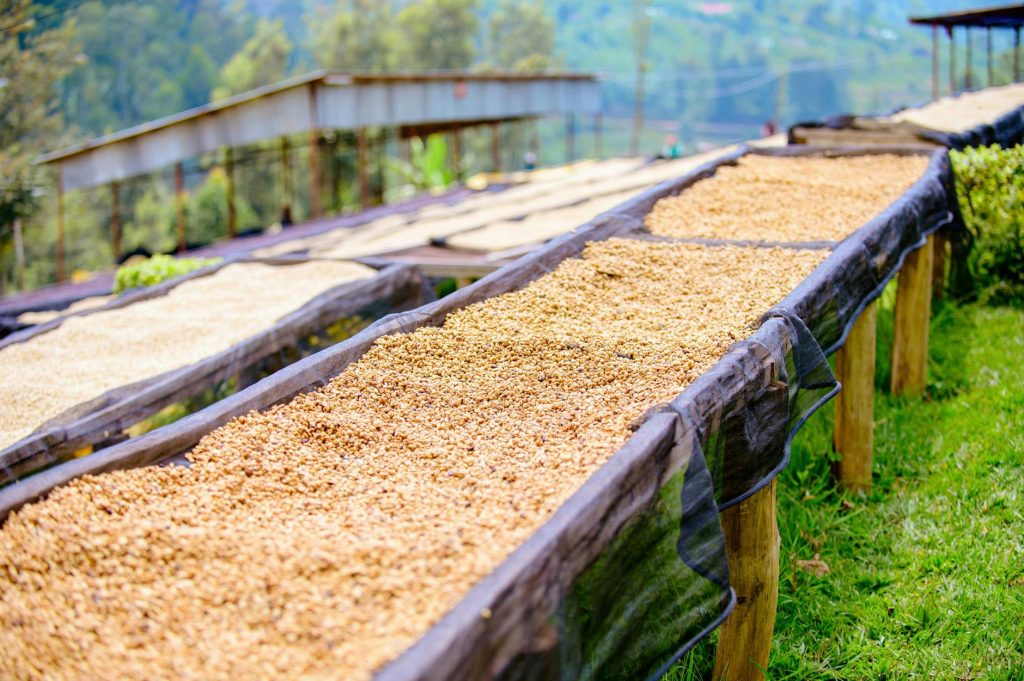The aroma of freshly brewed coffee, that rich, intoxicating scent… it’s a journey, a story bottled in a cup. But where does that journey begin? And more importantly, is that journey a sustainable one? Let’s delve into the complex world of coffee farming, from the fertile soil where the beans sprout to the cup in your hand. The future of this industry, and the communities that depend on it, hangs in the balance.
The Weight of the World on a Bean
Coffee production faces a brutal reality check. Deforestation, soil erosion, water scarcity—these aren’t just buzzwords; they’re the daily struggles faced by countless coffee farmers. The sheer scale of environmental impact is staggering. According to a report by the World Wildlife Fund, climate change poses a significant threat to coffee production, impacting yields and bean quality. Add to this the often-precarious economic circumstances of farmers, and the picture becomes even more bleak.
Many farmers operate on razor-thin margins, facing volatile market prices and a lack of support to invest in sustainable practices. This vicious cycle keeps them trapped in a system that prioritizes short-term gains over long-term sustainability. But the tide is turning. A growing movement is pushing for change, advocating for ethical sourcing, fair compensation, and environmentally responsible farming techniques.
Shaking Up the System: Sustainable Practices
Sustainable coffee farming isn’t just a trend; it’s a necessity. It’s about finding a balance between environmental protection and economic viability. One key strategy is shade-grown coffee. This traditional method involves cultivating coffee plants under a canopy of trees, which helps protect the soil, conserve water, and supports biodiversity. It’s a stark contrast to the sun-grown method, which often leads to deforestation and habitat loss.
Organic farming practices, avoiding synthetic pesticides and fertilizers, also play a vital role. These methods protect the environment and the health of both farmers and consumers. But adopting these sustainable practices requires investment, training, and often, access to markets that value these efforts. It’s a complex equation, balancing the immediate needs of farmers with the long-term health of the planet. And this brings us to the critical role of fair trade certifications.
Fair Trade: Beyond the Label
Fair Trade isn’t just about a logo; it’s about a commitment to equitable partnerships and community development. It aims to ensure fair prices for coffee farmers, allowing them to invest in sustainable practices and improve their livelihoods. But the reality is far more nuanced than a simple label. There are challenges in ensuring transparency and accountability within fair trade systems, but the core principle—paying farmers what they deserve—is crucial. As mentioned in a study by the National Library of Medicine, access to fair trade markets can significantly impact farmer income and community well-being.
The consumer plays a pivotal role. By choosing ethically sourced coffee, we directly support sustainable practices and fair compensation for farmers. It’s a powerful act—a vote with your wallet—that helps shift the balance of power within the industry. Look for certifications, investigate the roaster’s sourcing practices, and ask questions. Your morning cup of coffee has the power to make a real difference.
Brewing a Better Future
The journey from seed to cup is more than just a production process; it’s a story of people, land, and the choices we make. The future of coffee isn’t simply about producing enough beans to meet global demand; it’s about creating a sustainable system that prioritizes the well-being of farmers, protects the environment, and delivers that delicious cup you crave every morning. This requires collaboration, innovation, and a commitment from every link in the chain—from farmers to roasters to consumers. We all have a stake in this game. Think of it this way: if you aren’t drinking sustainable coffee, you’re probably not even sipping it from a silly coffee mugs; you know, the ones that truly understand the importance of responsible coffee consumption.
Let’s raise a cup to a future where the coffee industry doesn’t come at the cost of our planet or the people who make it possible.


